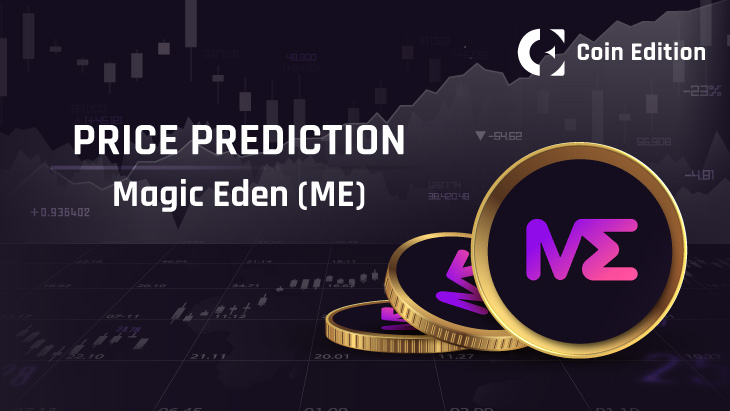Nature of Science – Part 1
Nature of Science – Part 2
In the realm of education, few subjects hold as much significance as the Scientific Method and Scientific Process. These foundational principles are not just elements of a curriculum; they are the cornerstones of critical thinking, problem-solving, and discovery. As educators, our mission extends beyond mere instruction; it is about empowering the next generation with the tools and knowledge to navigate the complex world of science. This page is your gateway to a wealth of resources and insights, designed to equip teachers with the expertise and strategies needed to teach the Scientific Method and Scientific Process effectively.
I used to think of science solely as the scientific method – a common and somewhat clichéd perspective on the topic. Often, when we think about science, we think of it as a linear process where we follow precise steps to arrive at a conclusive answer. However, I’ve come to realize that science can be approached in a more dynamic and relatable way.
Instead of starting with the scientific method as the be-all and end-all of science, we can begin by redefining what science means. When we ask children to describe what science is, their responses often revolve around engaging in experiments. This hands-on experience naturally leads them to ponder the purpose behind these experiments, and gradually, they associate science with the exciting process of exploration and discovering answers. Science is a tool that helps us better understand our surroundings and make informed decisions.
From this perspective, science becomes highly relevant to our everyday lives. It can be as simple as satisfying our curiosity by finding out something we want to know. Science is not limited to a strict, formulaic process but rather a flexible framework that can adapt to various situations.
The traditional scientific method, as we have been taught for years, can indeed become overly rigid and linear. It’s often portrayed as a fixed set of steps: observation, hypothesis, experimentation, analysis, and conclusion. While this structure is essential for rigorous scientific research, it doesn’t always reflect the natural flow of how science is practiced in the real world.
To present a better picture of the scientific method, we can embrace the idea of different approaches:
- Inquiry-Based Learning: Encourage individuals, especially students, to ask questions and seek answers through curiosity-driven exploration. This approach emphasizes the importance of asking “why” and “how” rather than just following a prescribed sequence of steps.
- Problem-Solving Method: Consider science as a problem-solving tool. When faced with a real-world issue, we can employ scientific principles and critical thinking to develop solutions. This approach highlights the practical application of science in various fields.
- Iterative and Dynamic Process: Recognize that scientific investigations often involve iterations, adjustments, and adaptations. Science is not always a linear process; it can be cyclical, with each step informing the next and leading to deeper insights.
- Interdisciplinary and Collaborative Science: Encourage collaboration between experts from different fields, fostering a more holistic approach to scientific inquiry. Combining knowledge from various disciplines can lead to innovative solutions and a broader perspective on complex problems.
In summary, while the traditional scientific method serves as a valuable framework for structured research, there are alternative approaches that can enrich our understanding of science and its relevance in our lives. By emphasizing curiosity, problem-solving, adaptability, and collaboration, we can paint a more vibrant and inclusive picture of what science truly represents. Science is not just a method; it’s a versatile and ever-evolving tool for exploring the wonders of our world.
In Viziscience Unit 1 – Introduction to Science, our primary goal is to help students not only comprehend the fundamental concepts of science but also to ignite their curiosity and inspire them on a meaningful journey throughout their science course. Before we dive into the specifics of measurements, we provide students with an essential lesson that lays the groundwork for understanding what science truly is.
During this introductory phase, we want students to grasp that science is, at its core, about exploration and the discovery of the world we live in. To achieve this, we present them with three thought-provoking questions:
(a) Is science a destination – the acquisition of knowledge – or is it the journey, the process itself?
(b) Is it simply a matter of asking questions, forming hypotheses, collecting data, and drawing conclusions?
(c) Or is it more about being a specialized field of study that generally requires deep intellect?
We encourage students to ponder these questions and, more importantly, to venture their own answers, regardless of whether they think they might be right or wrong. Our aim is not just to teach science as a set of rules and procedures but to foster a mindset of curiosity and inquiry.
By asking these questions, we guide students toward realizing that science is both a journey and a destination. It involves not only the process of asking questions, forming hypotheses, collecting data, and drawing conclusions but also the accumulation of knowledge over time. Additionally, we emphasize that science is not limited to only those with exceptional intellect; it is a tool accessible to anyone willing to explore and learn.
In this way, we aim to create a foundation that not only supports their academic journey but also instills a lifelong appreciation for the wonders of science. It’s perfectly okay to “have a go” and explore these questions because, in the process, we believe students will find their own unique understanding of what science means to them. Ultimately, our goal is to empower them to embark on an exciting and fulfilling scientific adventure.
Examples videos
These videos are examples from our course, General Chemistry Unit 1.1 | What is Science? This first unit lays the foundation for a meaningful journey into why we study science, helping students appreciate the process of building deep knowledge.










Leave a Comment